Could starting seventh or eighth grade 37 minutes later, at 8 a.m. instead of 7:20 a.m., help your child gain a competitive edge in the classroom and on the sports field, and become more engaged with family, friends, and peers? New research finds later middle school start times are a step in the right direction, thanks to a teen’s biological preferences, in comparison to children and adults, to stay awake later.
To analyze the impact different middle school start times have on a students’ attentiveness in the classroom, researchers looked at a diverse suburban school district in the Mid-Atlantic region during the 2014-15 school year. Attending one of eight middle schools starting 37 minutes later is associated with seventh- and eighth-grade students getting 17 minutes of extra sleep per weeknight, despite going to bed 15 minutes later than peers attending one of three earlier-starting middle schools in the same school district.
Students attending the later-starting middle schools were 34 percent less likely to report feeling sleepy or tired during the day. They were also 9 percent more likely to report feeling “wide awake.” From a clinical perspective, this makes sense.
Researchers who won the 2017 Nobel Prize for physiology or medicine discovered biological clocks in virtually all cells of the human body. When we work against our body’s natural rhythm, or sleep structure, we increase risk for havoc, i.e., elevated risks for physical and mental health problems, such as sports injuries, car accidents, and even increased aggression and substance abuse problems. When a child is tired, their cognitive focus and executive function falters.
By helping students understand this science, we can help teens make rest a priority and avert risks associated with shortchanging sleep. If a child understands going to sleep earlier bolsters his or her chance of passing the AP calculus entrance exam, scoring the winning soccer goal at the state championship game or crafting an award-winning debate speech and earning a spot on the high school team, they will be more likely to rearrange their schedule to make sleep a priority. This isn’t a transactional approach to academic and athletic performance, but a lifestyle habit that teens should prioritize early on and every day.
And yes, every bit helps. The students in this review who attended the later-starting schools, at 8 a.m., fell short of the recommended 9 hours of sleep, but came close with an average of 8 hours and 23 minutes of sleep each night. To combat teen sleep deprivation, the American Academy of Pediatrics recommends teenagers ages 13 to 18 get 8 to 10 hours of sleep each night and start school at 8:30 a.m. or later.
To learn more about the new study, visit the Journal of School Health, a peer-reviewed journal published by the American School Health Association. To learn about ways to maximize individual sleep patterns, here are five tips to help your teen get a good night’s sleep.
 https://riseandshine.childrensnational.org/wp-content/uploads/2025/09/teacher-and-student-feature.jpg
300
400
Danielle Robbins
https://riseandshine.childrensnational.org/wp-content/uploads/2017/11/childrens_riseandshine_logo.jpg
Danielle Robbins2025-09-18 14:08:472025-09-18 14:08:47Embracing making mistakes
https://riseandshine.childrensnational.org/wp-content/uploads/2025/09/teacher-and-student-feature.jpg
300
400
Danielle Robbins
https://riseandshine.childrensnational.org/wp-content/uploads/2017/11/childrens_riseandshine_logo.jpg
Danielle Robbins2025-09-18 14:08:472025-09-18 14:08:47Embracing making mistakes


 Daniel S. Lewin, PhD, DABSM is a pediatric psychologist, sleep specialist and licensed clinical psychologist. He is Board Certified in Sleep Medicine and Behavioral Sleep Medicine.
Daniel S. Lewin, PhD, DABSM is a pediatric psychologist, sleep specialist and licensed clinical psychologist. He is Board Certified in Sleep Medicine and Behavioral Sleep Medicine.

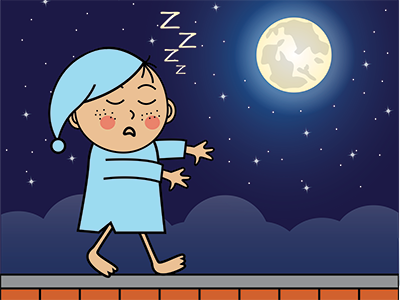

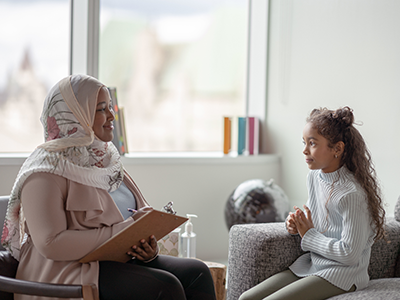
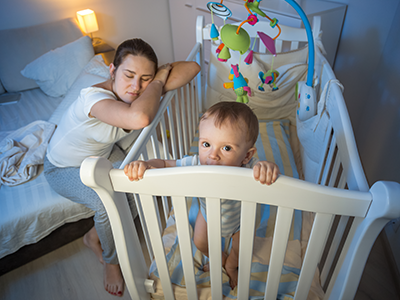
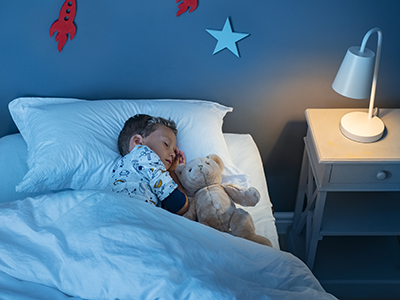

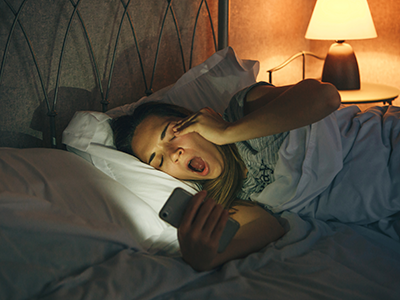



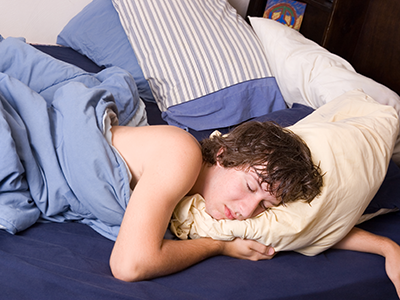





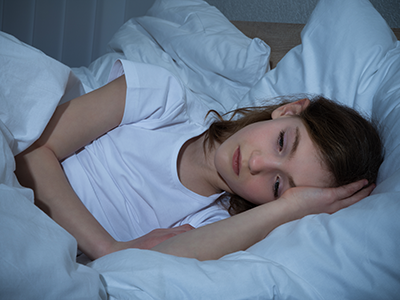
Leave a Comment
Want to join the discussion?Feel free to contribute!